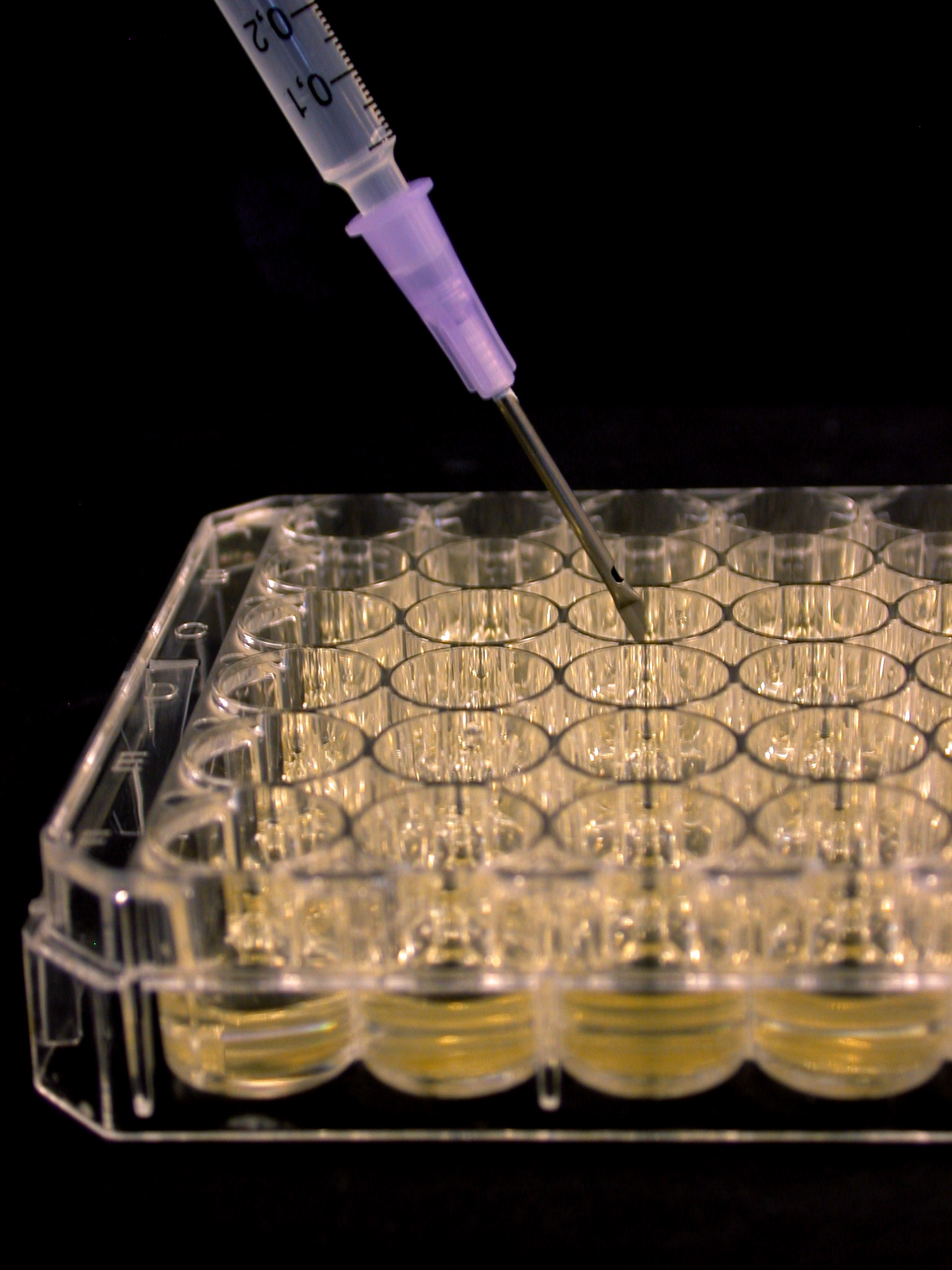
Last Friday, the Harvard Kennedy School's Program on Science, Technology & Society hosted a conference to discuss science journalism online. Alongside scientists and science journalists, Sam Bayard and Kimberley Isbell from the Citizen Media Law Project discussed the roles and responsibilities of science journalists and scientists who write online. They also considered how science writers can manage their online communities. (For more information, check out our Legal Guide on Section 230 of the Communications Decency Act and the discussion of strategies and options for managing online communities from our conference on April 9th.)
As the day ended, there was a call to arms of sorts for scientists and journalists to collaborate and improve the communication of scientific knowledge and information to the general public. Many scientists already write online, whether for an audience of other scientists or for the general audience, on topics ranging from genetics research, to paleontology, to the search for dark matter from the South Pole. You can even get deep sea researchers' take on the Gulf oil spill. Still, on Friday there were echoes of the concern voiced by Pulitzer Prize-winning science journalist Natalie Angier when she said that science journalism is "basically going out of existence" as mainstream news organizations downsize science coverage.
Accurate and relevant science reporting is obviously important because science informs (or should inform) our public policies and our everyday decision-making. For instance, before we cut off fruit fly research, we might want to know that it can advance research in autism. Where the topics have become politicized, like for climate change, evolution, vaccine safety, and healthcare reform, the debates are highly charged. The science journalists and scientists weighing in as experts get caught in the fray. Elbows are thrown. Feelings are bruised. Lawsuits ensue.
A recent example of this was the lawsuit filed by Barbara Loe Fisher, an anti-vaccines activist, against Dr. Paul Offit, a prominent pediatrician specializing in infectious diseases, Conde Nast Publications and Amy Wallace for an article on the recent debate over vaccine safety. (See the Legal Threat Entry on this case for more information about the lawsuit.) While the claim was thrown out in March, the risk of this type of litigation doesn't bode well for science journalism or the promotion of scientific knowledge online.
Luckily, Amy Wallace was writing for Wired and had the resources of Conde Nast to call upon for her defense. Not all science journalists are so lucky. More and more science journalists write independently from traditional media organizations. As in other areas of journalism, science journalists are thinking about ways to adapt in the new media environment. The catch is that they may not have a war chest when a legal salvo lands in their direction. Along the same lines, scientists who are wary of how a legal dispute would distract them from their work would also be leery of writing for themselves or be less willing to contribute to a piece written by a journalist. Heck, even researching a controversial issue can get you into hot water with your state's attorney general.
But hey, that's why the Citizen Media Law Project created the Online Media Legal Network. All those independent science journalists writing online and blogging scientists are "digital media creators" and if they get into legal trouble, the OMLN may be able help with finding pro bono legal assistance.
In the meantime, you can explore the community of science writers and scientists over at ScienceBlogs and Discover Blogs. Both Scientific American and Nature also have blogs on science research and cover recent developments. To find out where to read good science journalism and for assessments of science coverage, take a look at the Knight Science Journalism Tracker.
Photo "Needle and Plate" courtesy of Flickr user adamjtaylor, licensed under CC BY-ND 2.0.
(Helen Fu is a public interest staff attorney at the Citizen Media Law Project and administers the Online Media Legal Network. In her past life, the PCR machine in her lab was the source of lots of angst but also lots and lots of DNA. Because of that, and because she's married to a scientist who blogs, she thinks she can weigh in on the state of science journalism. Careful now, she knows how to use a micropipette!)




